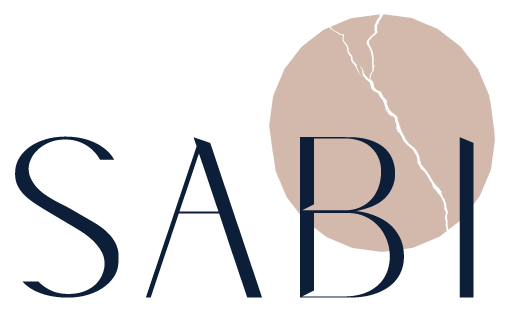Exploring Psilocybin, Psychedelics and the Hope of Wellness.
The possibilities are expanding and so are we.
In partnership with TheraPsil, Filament Health, and CRIO, SABI Mind is proud to announce the launch of a new research initiative, the world’s first wellness-focused psilocybin therapy trial.
Based in Victoria, BC, this clinical study explores how psychedelics might support not only healing, but flourishing.
In recent years, our understanding of wellness has evolved far beyond simply “not being sick.” The World Health Organization defines wellness as a state of complete physical, mental, and social well-being, a dynamic process that involves realizing our fullest potential and finding meaning across multiple dimensions of life. Increasingly, conversations around wellness are not only happening in healthcare but also in workplaces, communities, and families.
One of the most intriguing frontiers in this discussion involves psychedelics, and particularly psilocybin, a naturally occurring compound found in certain mushrooms. Once largely confined to the realm of counterculture, psilocybin is now being revisited by researchers and clinicians worldwide for its potential to influence mental health, emotional resilience, and overall quality of life.
Unlike traditional medications, psychedelics such as psilocybin appear to act on the brain in ways that enhance neuroplasticity. Neuroplasticity can be thought of as the brain’s ability to reorganize itself, form new connections, and “think differently” about entrenched patterns and beliefs. Early research has linked psilocybin experiences with improvements in symptoms related to depression, anxiety, and chronic pain, but what’s particularly exciting is the growing recognition that its impact might go beyond illness and recovery.
While much of the public conversation has focused on psilocybin’s potential to alleviate distress, a growing body of research points to something even broader: its capacity to support wellness in healthy individuals. Participants in recent studies frequently describe experiences of profound connection, insight, and emotional openness. They report greater optimism, improved relationships, reduced fear of death, and even a renewed sense of meaning and purpose. These are all deeply personal facets of wellbeing, and qualities that go beyond clinical measures, speaking to the subjective richness of life
Much remains to be understood as interest in psilocybin and other psychedelics continues to grow. Carefully designed clinical studies are underway, investigating not only their safety and efficacy but also their potential to reshape our relationship with ourselves, others, and the world around us.
The broader conversation about psychedelics invites us to reimagine what wellbeing can mean. The future is moving beyond symptom management toward a richer, more connected, and more fulfilling experience of life.

